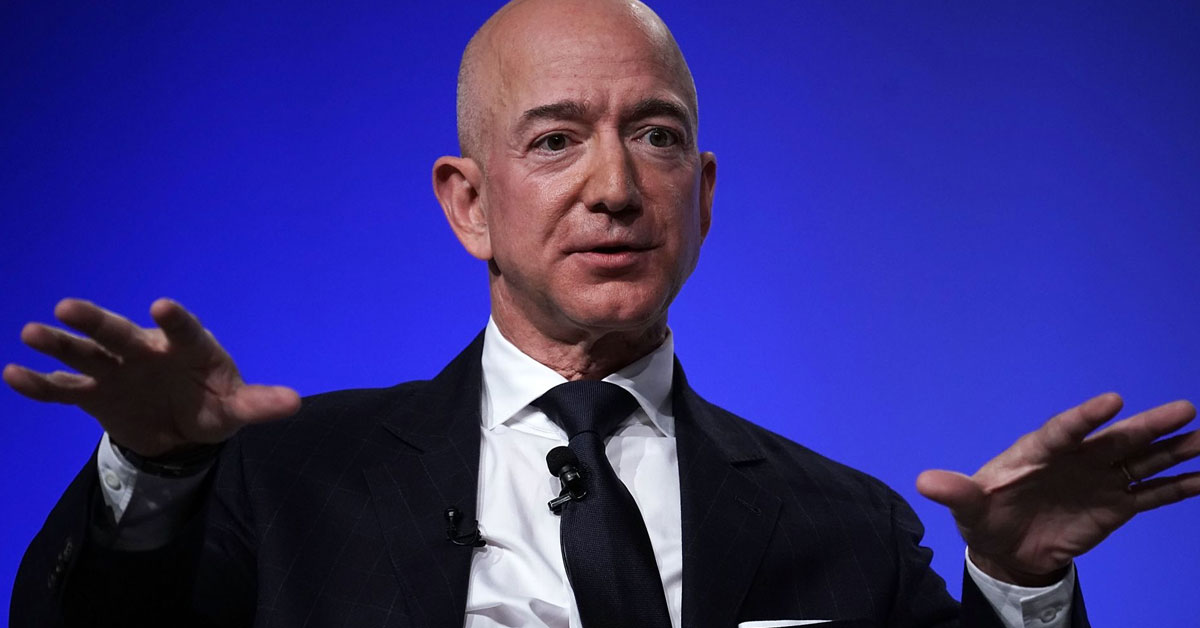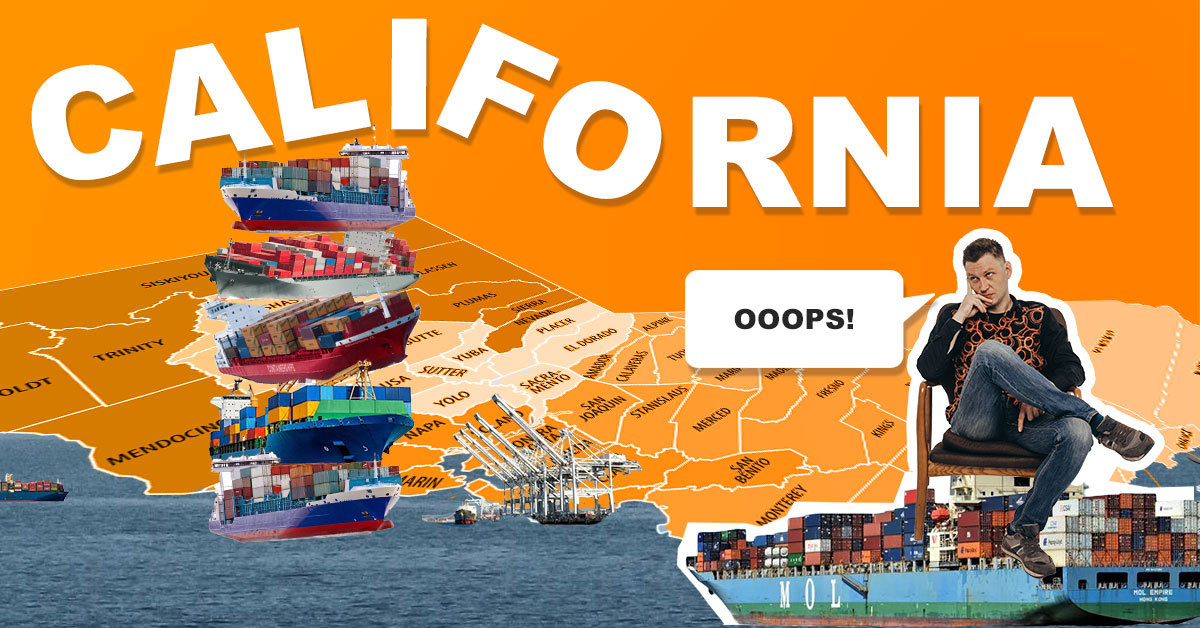No quick fix for the shipping crisis
44 freight ships are stuck awaiting entry into California’s two largest ports. This is the largest congestion since the beginning of the pandemic.
The queue is a result of the labor shortage, COVID-19-related disruptions, and holiday-buying surges, reports Business Insider. Port of Los Angeles data indicated that the ships’ average wait time had increased to 7.6 days.
California ports in Los Angeles and Long Beach account for about one-third of US imports. These ports operate as a primary source of imports from China and have experienced heavy congestion throughout the pandemic.
“Part of the problem is the ships are double or triple the size of the ships we were seeing 10 or 15 years ago,” said Kip Louttit, the executive director of the Marine Exchange of Southern California. “They take longer to unload. You need more trucks, more trains, more warehouses to put the cargo”.
Companies importing and exporting goods to and from Asia expect additional shipping delays. This comes during one of the busiest months for US-China trade relations, as retailers buy ahead in anticipation of US holidays and China’s Golden Week in October, Bloomberg reported.
A freight forwarder in San Francisco said in a recent transportation webinar that “the transit times from Shanghai to Chicago had more than doubled to 73 days from 35 days.”
Another carrier executive estimated “that voyages are now taking 30 days longer than in previous years due to port congestion, container handling delays, and other factors,” Insider’s Áine Cain reported.
“Industry experts expect the ocean shipping capacity will normalize no later than 2023, when many new ships come online,” said Michael Witynski, Dollar Tree’s CEO.
More Amazon news

Trump is targeting Amazon and Alibaba
President Trump signs trade memorandum on counterfeit products President Donald Trump puts Amazon, Alibaba, eBay and other online marketplaces on notice, signing a memorandum that aims to curb the sale of counterfeit items online. “This is a shot across...

Drunken online shopping is big business — especially for Amazon
Drunk shopping is an estimated $48 billion industry 85 percent of drunk shoppers visit and make ill-advised purchases on Amazon Tech and business newsletter The Hustle surveyed more than 2,000 alcohol-drinking adults about their online shopping behaviour...

Jeff Bezos: Smart people make decisions differently than everyone else
Smart people tend to change their mind a lot Smart people are open to new points of view, new information, new ideas, contradictions, and challenges to their own way of thinking Jason Fried, co-founder of Basecamp and co-author of the New York Times...


